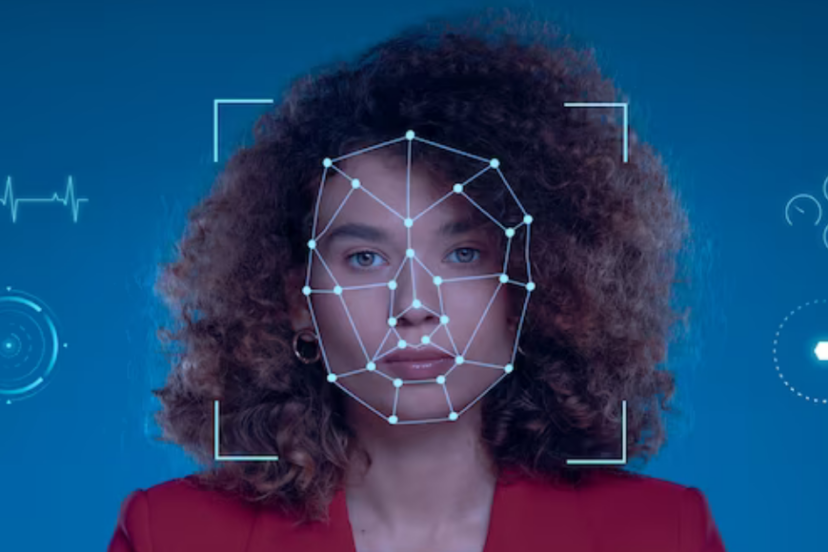AI Image Recognition
Ready to dive into the future of marketing where technology meets creativity? If you’re curious how these tech marvels transform how businesses connect with us, the consumers, stick around. We’re about to unravel the mysteries behind intelligent content creation, precision targeting, and a visual web changing the game. It’s not just about marketing; it’s about creating experiences that resonate in the digital age. Let’s explore how AI Image Recognition is transforming innovation and personalization. It’s time to go beyond the ordinary and embrace the extraordinary!
Understanding the Role of AI in Marketing
Gone are the days of generic marketing messages. AI algorithms analyze vast datasets to understand user behavior, preferences, and demographics. This information is then used to deliver personalized content, recommendations, and advertisements, creating a more engaging and relevant consumer experience.
Predictive Analytics for Targeted Campaigns
AI’s predictive analytics capabilities empower marketers to forecast trends, identify potential leads, and optimize campaigns. By analyzing historical data, AI algorithms can predict future consumer behavior, enabling marketers to tailor their strategies for maximum impact.
Chatbots Enhancing Customer Engagement
In the realm of customer service, AI-driven chatbots are revolutionizing interactions. These intelligent bots respond instantly to customer queries, offer product recommendations, and even facilitate purchases. This not only improves customer satisfaction but also streamlines the sales process.
Image Recognition Reshaping Visual Marketing
Enhanced Visual Search
Image Recognition allows consumers to search and shop using images rather than keywords. This technology enables users to snap a picture of an item and find similar products online. Retailers leverage this feature to bridge the gap between online and offline shopping experiences.
Interactive Augmented Reality (AR) Campaigns
AR, powered by Image Recognition, is breathing life into marketing campaigns. Brands are creating interactive AR experiences that allow users to visualize products in their real-world environment before purchasing. This not only boosts engagement but also reduces product return rates.
User-Generated Content Moderation
Image Recognition is instrumental in moderating user-generated content on social media platforms. This ensures brand safety by identifying and filtering out inappropriate content, and maintaining a positive online brand image.
AI Image Recognition in Marketing
Dynamic Content Optimization
By combining AI and Image Recognition, marketers can dynamically optimize content based on real-time data. For instance, an e-commerce website can showcase products in images that align with the user’s preferences, increasing the likelihood of conversion.
Sentiment Analysis for Brand Monitoring
AI’s natural language processing and Image Recognition enable sentiment analysis. Marketers can gauge public sentiment towards their brand by analyzing textual and visual content across various online platforms. This real-time feedback allows for prompt adjustments to marketing strategies.
Conclusion
In the fast-paced marketing world, it’s not about keeping up; it’s about staying ahead. That’s where the dynamic AI Image Recognition duo takes the spotlight.
Imagine a world where your marketing feels like a personalized conversation, your ads know your preferences and your favorite products pop up magically. That’s the power of AI and Image Recognition working their magic behind the scenes. It’s not just a strategy; it’s a revolution, and the future of marketing looks more exciting than ever.
So, buckle up, fellow marketers! The era of AI and Image Recognition is here to transform not how we sell but how we connect, engage, and dazzle our audiences. Get ready for the transformation of marketing.
FAQs:
How does Image Recognition impact SEO in visual searches? Image Recognition enhances visual searches by providing accurate and relevant results. Optimizing images with descriptive alt text and metadata remains crucial for SEO in this context.
Can AI-powered personalization lead to privacy concerns? While AI enhances personalization, transparency in data usage is key. Marketers must prioritize consumer privacy, adhering to data protection regulations.
What industries benefit the most from AI and Image Recognition in marketing? Retail, e-commerce, and fashion industries experience significant benefits, leveraging these technologies for enhanced customer experiences and sales.
Are there any potential drawbacks to using AI in marketing strategies? Overreliance on AI without human oversight can lead to biased decision-making. It’s essential to strike a balance between automation and human intuition.
How can small businesses integrate AI and Image Recognition on a budget? Many affordable AI tools and platforms cater to small businesses. Exploring cost-effective solutions and gradual implementation can help small businesses leverage these technologies.




